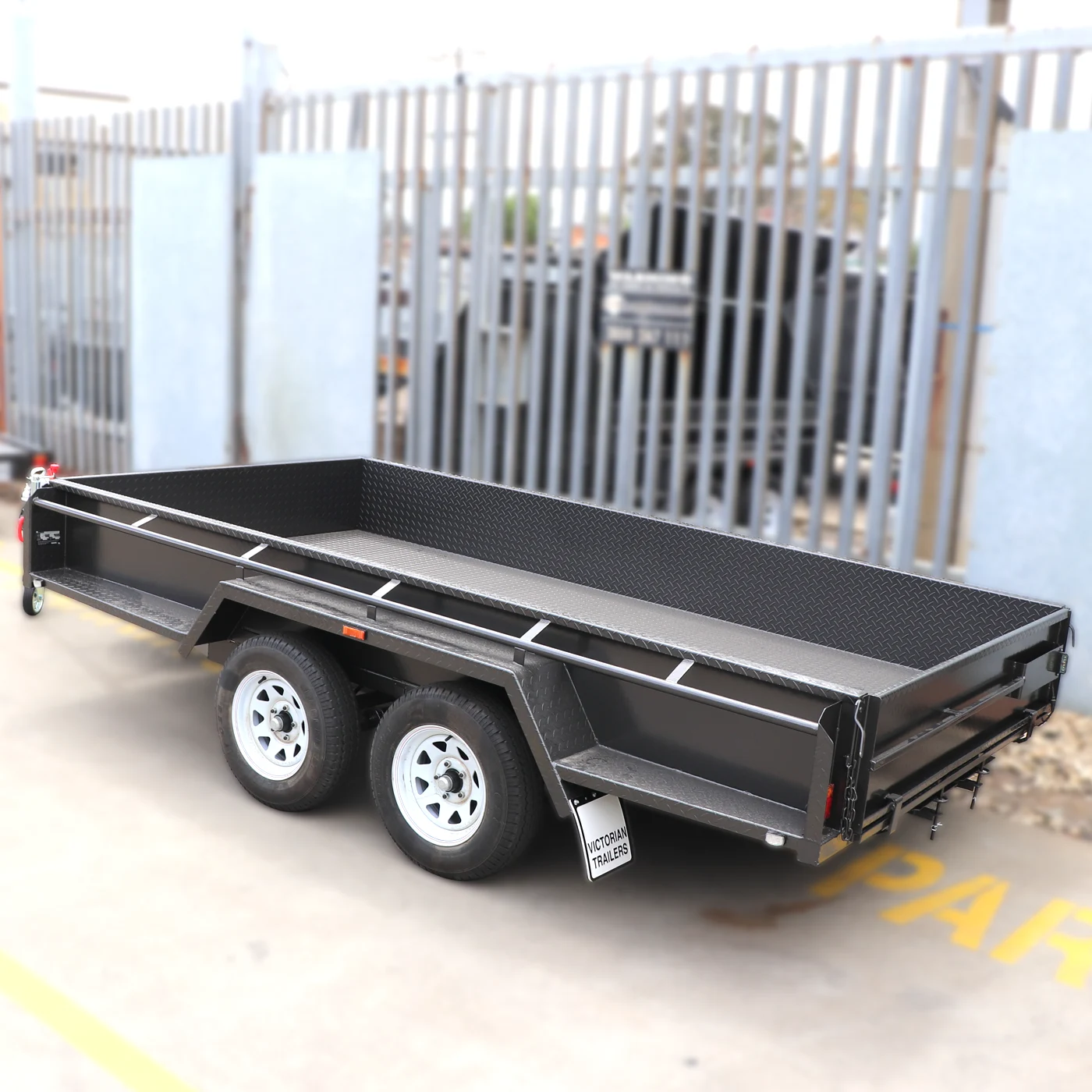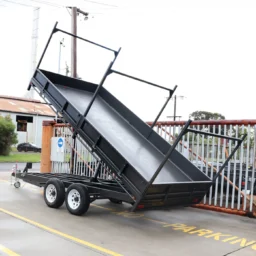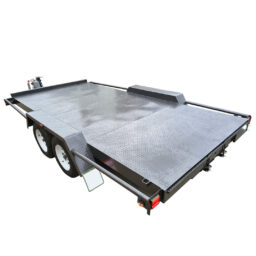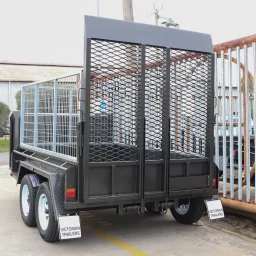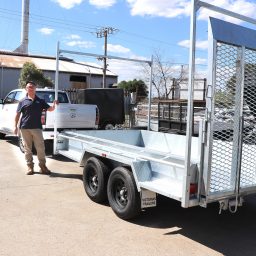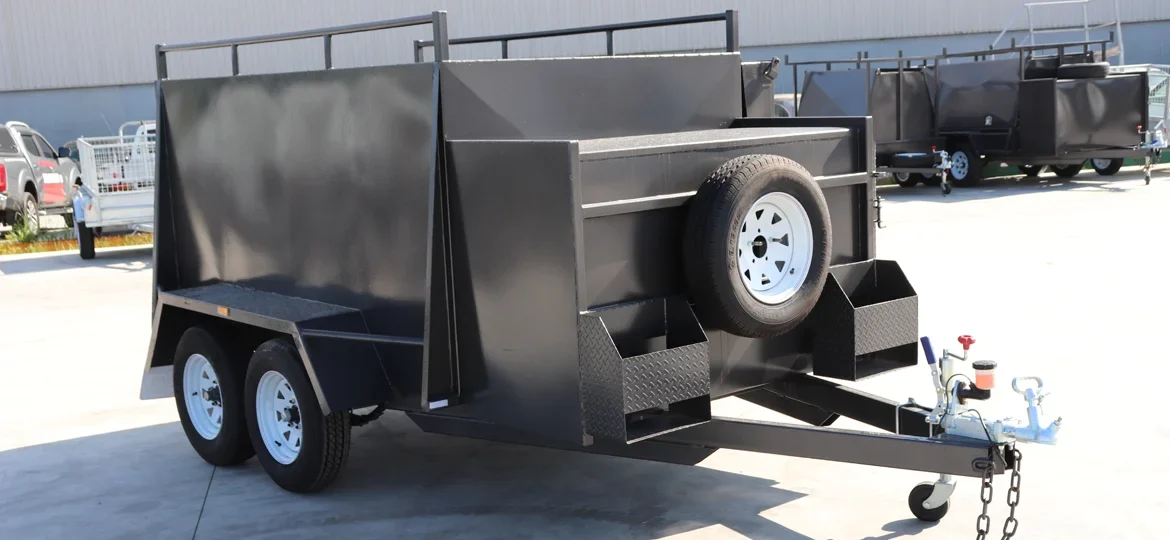
Comparing Single Axle Vs Double Axle Trailers to choose the perfect trailer depends on what kind of load you’re planning to carry and how often. Single-axle trailers tend to be less expensive and have fewer maintenance components than double-axle trailers.
Why to Purchase Single Axle Trailer
In general, while comparing Single Axle Vs Double Axle Trailers – Single Axle Trailers are a good option suitable for smaller loads over short distances. They’re less expensive, have fewer components to worry about and are henceforth easier to maintain. Single-axle trailers offer better maneuverability, ideal for tight spaces and smaller loads.
Single-axle trailers are typically less expensive than dual-axle models and require less maintenance. They are also more fuel efficient as they weigh less and have a more compact design. Small SUVs rejoice! Single-axle trailers, easy to tow with a 600kg+ capacity, offer excellent maneuverability for lighter loads and navigating tight spots.
Why to Purchase Double Axle Trailer
While single axle trailers are ideal for many situations, they can’t always handle larger loads over longer distances or rugged terrain. This is where dual-axle trailers (also known as tandem or dual axle trailers) come in handy.If transporting heavy equipment or supplies over rough terrain, opt for a dual-axle machinery trailer for enhanced stability.
When choosing a dual-axle trailer, prioritize knowing your intended use and road conditions.For instance, if you plan to use your trailer on highways, gravel, or off-road trails, opt for a sturdier model with durable wheels, light truck tires, and a robust chassis. These types of trailers will also be pricier than a standard single-axle utility trailer, but they’ll hold up better over time and may save you money in the long run due to lower maintenance costs.
The other important reason to purchase a dual-axle trailer is the ability to carry more weight. In Australia, the load capacity of a single axle trailer starts from 600KG ATM. Double axle trailer offers the load capacity starting from 2000KG ATM. They are also able to carry more load than single-axle trailers. Double axle trailers, being larger, are ideal for transporting heavy equipment or materials that smaller vehicles can’t handle. The extra axle distributes weight evenly, enhancing stability on rough or uneven roads. Double axle trailers feature hydraulic brakes on the front axle, which can be upgraded to four-wheel brakes and rocker roller suspension.
Care and Maintenance of Trailers
Both single and tandem axle trailers require routine maintenance for safe and smooth operation. For both types, prioritize checking tires, lights, and brakes regularly. Inspect tires for wear and proper inflation, ensuring wheel nuts are tight. Test lights and replace bulbs if needed. For brakes, check fluid levels and functionality on both axles for tandems.
Single axle trailers generally require less maintenance due to fewer components. Lubricate bearings periodically and visually inspect the frame & drawbar for cracks or damage.
Tandem axle trailers demand more attention due to their increased complexity. Inspect both axles for bearing lubrication and proper alignment. Additionally, check the suspension system for wear and tear.
Remember: Regardless of the axle number, thorough cleaning after use and proper storage are crucial for longevity. Apply rust-inhibiting spray to exposed metal parts, and cover the trailer when not in use. Follow these steps to ensure your single or tandem axle trailer serves you reliably for years.
FAQ – Single Axle Vs Double Axle Trailers
Single axle trailers have one set of wheels, while double axle trailers have two sets. Double axle trailers are typically larger and offer greater stability and weight capacity compared to single axle trailers.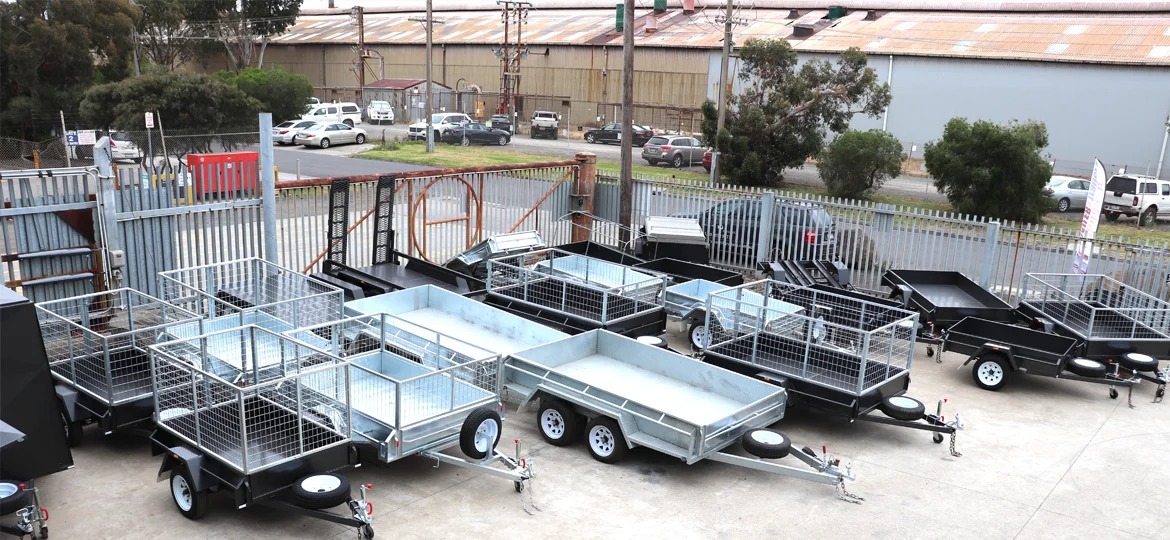
Double axle trailers are generally better for carrying heavy loads due to their increased stability and weight distribution. They are often preferred for transporting large equipment or materials that exceed the capacity of single axle trailers.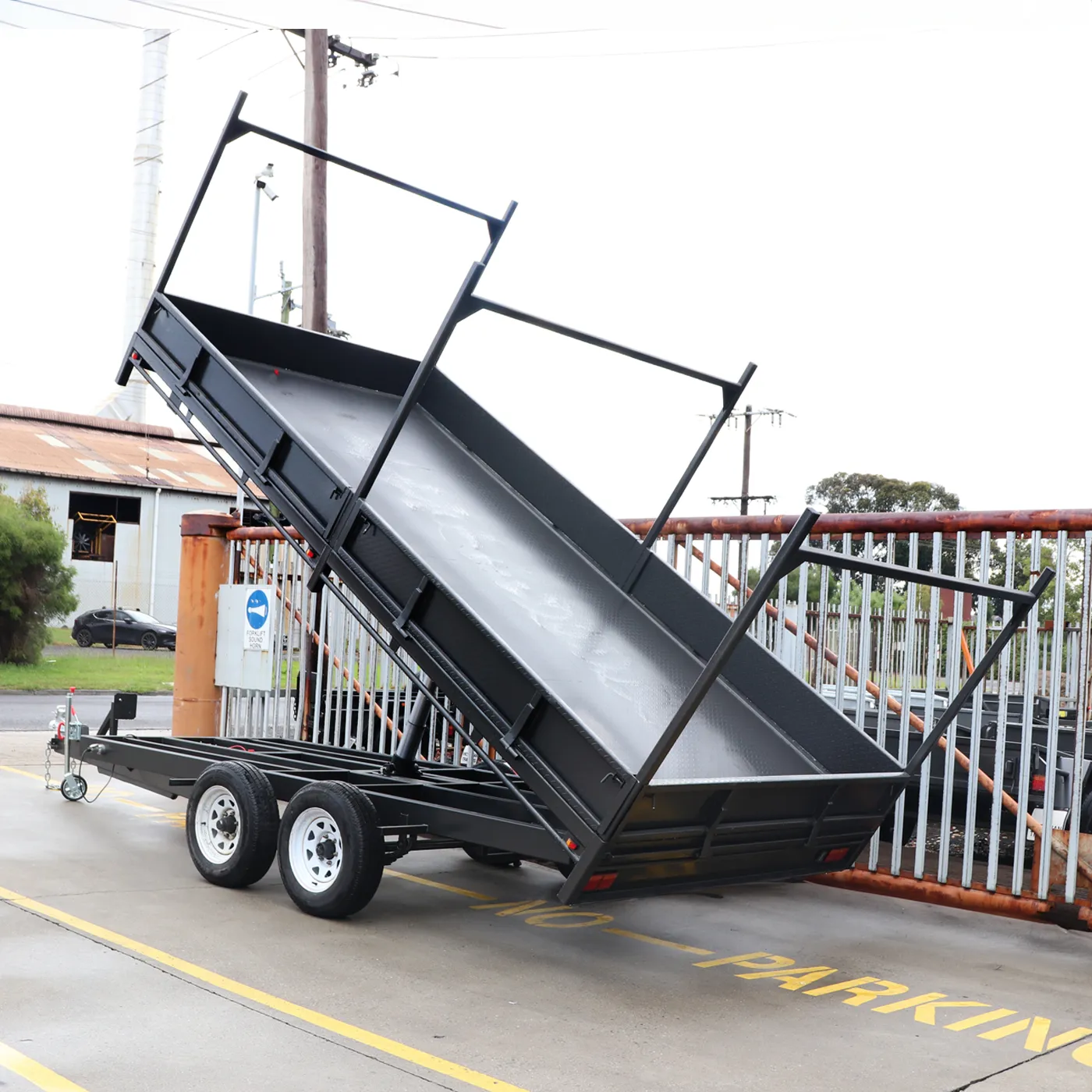
Single axle trailers are typically more maneuverable, making them easier to navigate in tight spaces or when reversing. However, double axle trailers offer better stability on the road, especially at higher speeds and over rough terrain.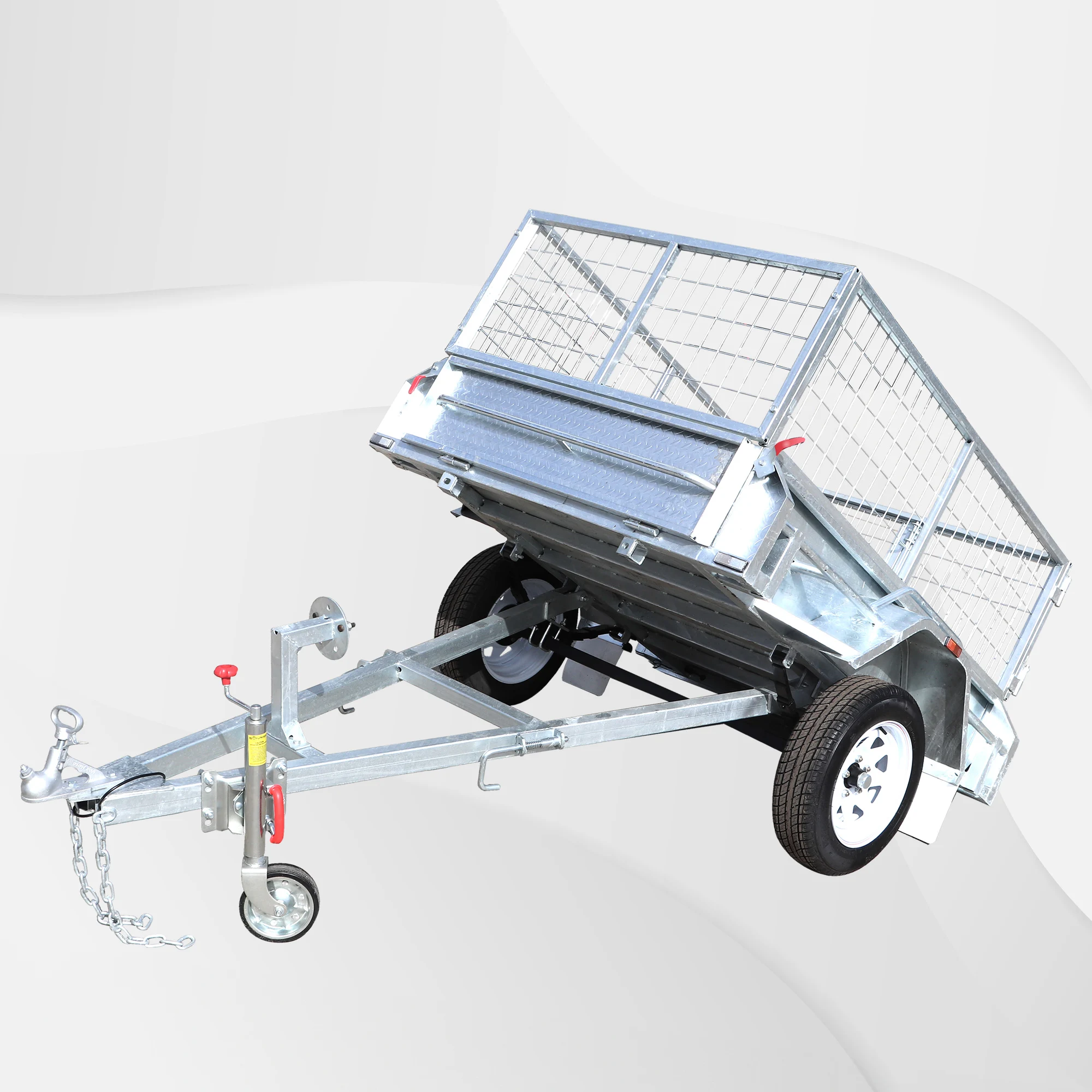
Double axle trailers may require slightly more maintenance due to the additional components like extra wheels, brakes, and suspension. However, with proper care and upkeep, both types of trailers can provide reliable service for years to come.